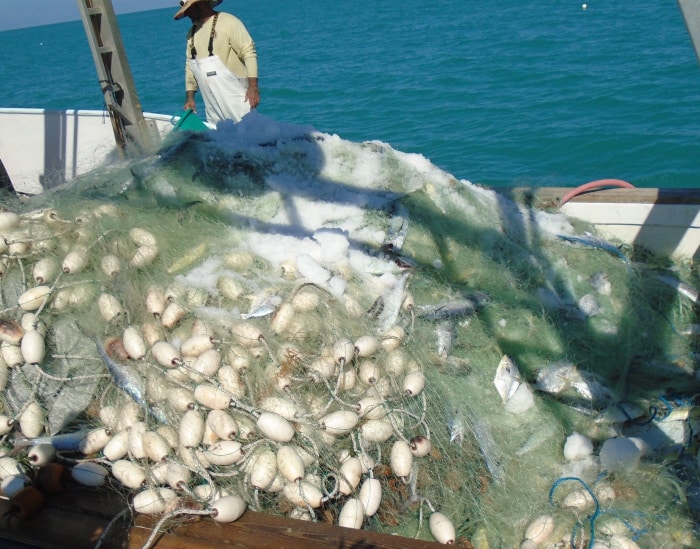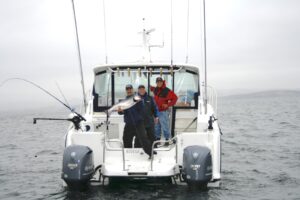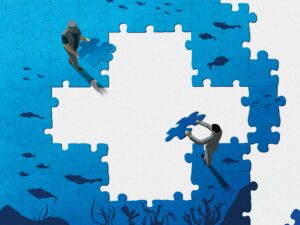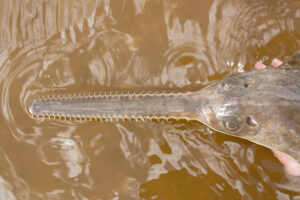
The Florida Fish and Wildlife Conservation Commission recently charged Ronald Edward Birren, 52, of Hernando Beach, for using a gill net to catch 2,711 pompano, a staggering 2,611 fish over the legal commercial limit.
According to the FWC, officers with the Offshore Patrol Vessel Program stopped Legacy, a 48-foot commercial fishing boat, approximately 5.5 nautical miles south of the Pompano Endorsement Zone. Birren was in possession of a gill net with a substantial amount of pompano in the net and on the deck of the vessel.
The officers began a fisheries inspection and quickly realized the vessel possessed well over the allowable bycatch limit outside of the endorsement zone. Officers escorted the vessel back to Everglades City in Southwest Florida for further inspection and discovered a total of 2,711 pompano on board, weighing 3,932.6 pounds. In addition, 76 of the pompano measured less than the minimum size of 11 inches to the fork of the tail.
A constitutional amendment to ban gill nets in Florida was passed by 72 percent of voters in November of 1994. The primary reason for the amendment was to stop the netting of mullet during the fall spawning season. Mullet roe is a highly prized delicacy in the Far East, and both full- and part-time netters earned thousands of dollars catching vast quantities of mullet.
Gill nets are typically made of monofilament. They are placed in the water and fish swim head first into the net’s mesh. Fish of the desired size can’t back out because the mono snags their gills, hence the term gill net. The nets also were used to catch pompano, sea trout and Spanish mackerel, and frequently also snagged protected species such as snook and redfish, as well as turtles and dolphins.
Florida pompano harvested in federal waters with gill or entangling nets must be landed within the boundaries of the Pompano Endorsement Zone, which runs from Cape Sable to Hurricane Pass in the Gulf of Mexico.
“Our officers are dedicated to protecting our state and federal fishery resources,” said FWC South Region B Commander Maj. Alberto Maza. “Violations such as this one highlight the importance of the work that these men and women do every day.









